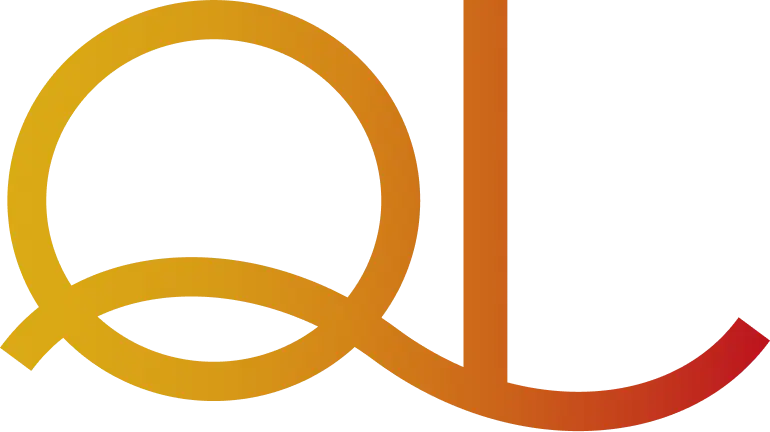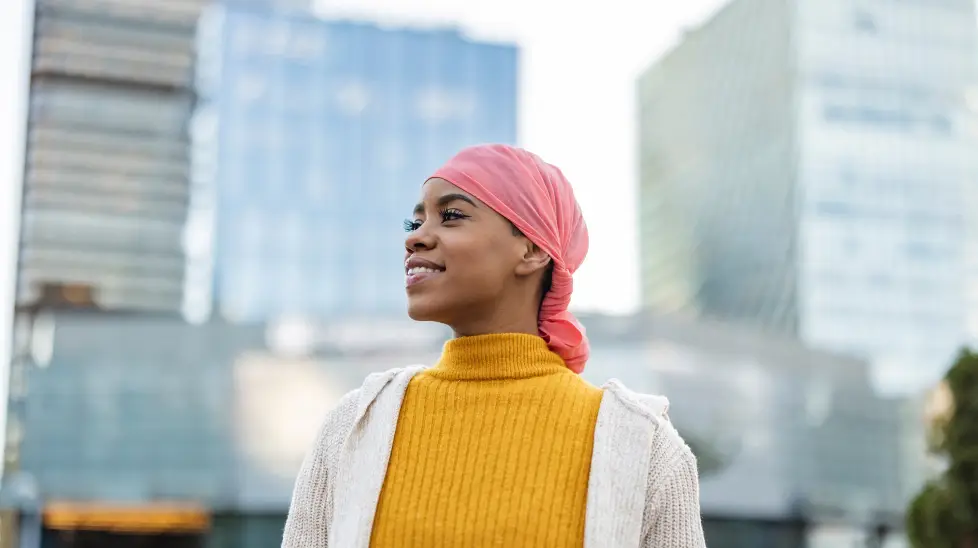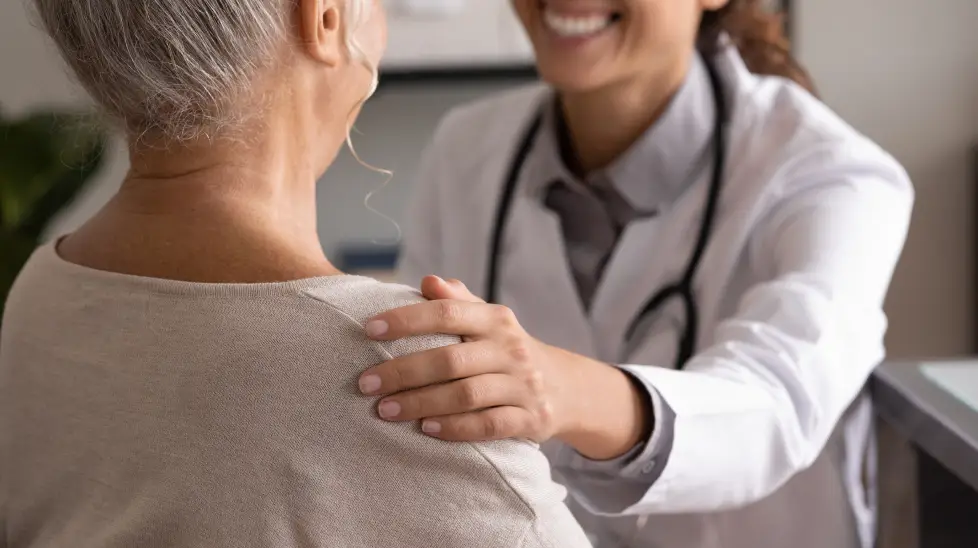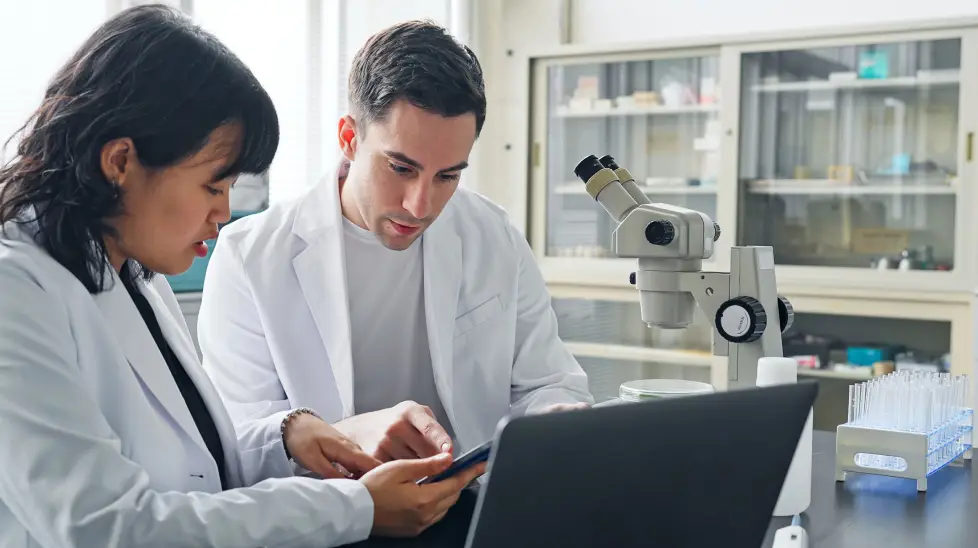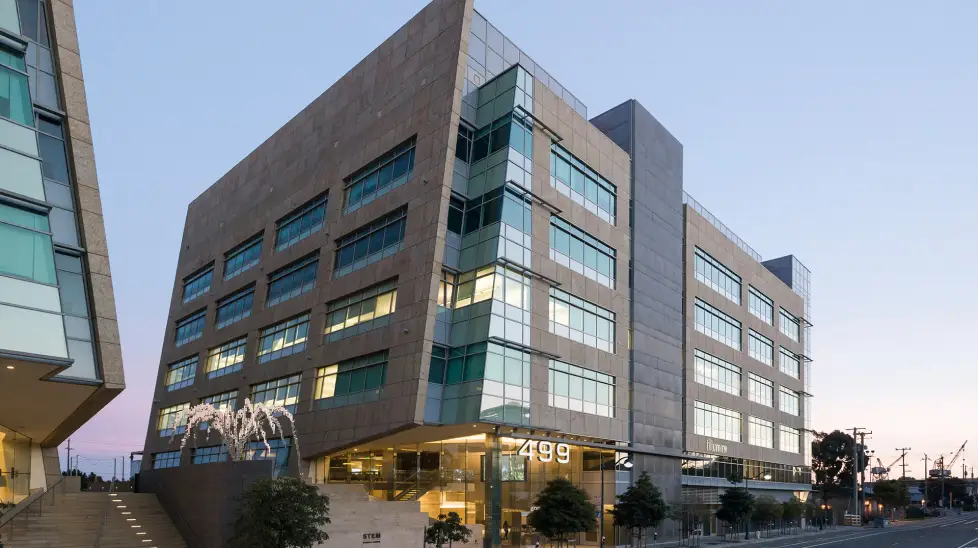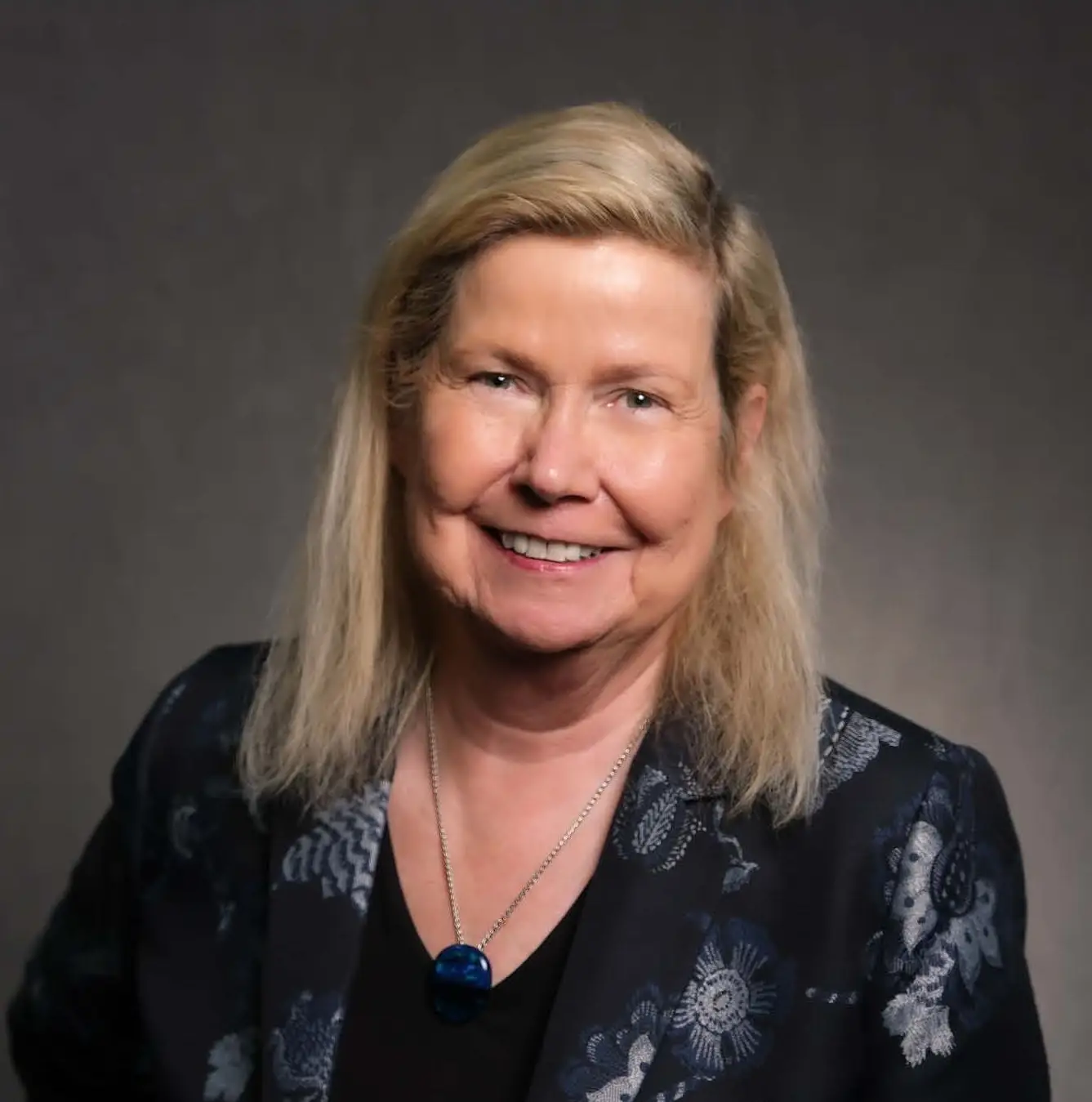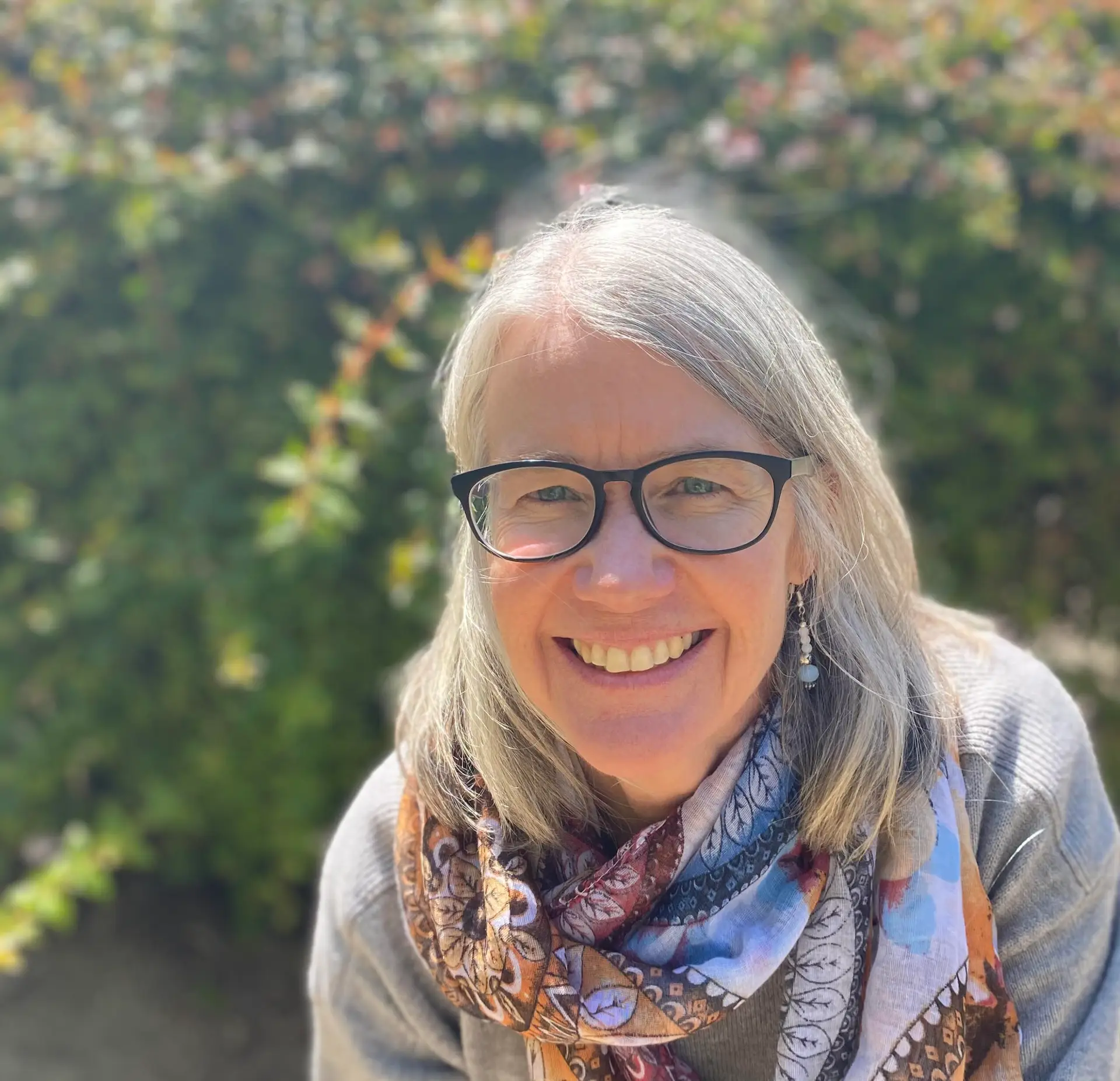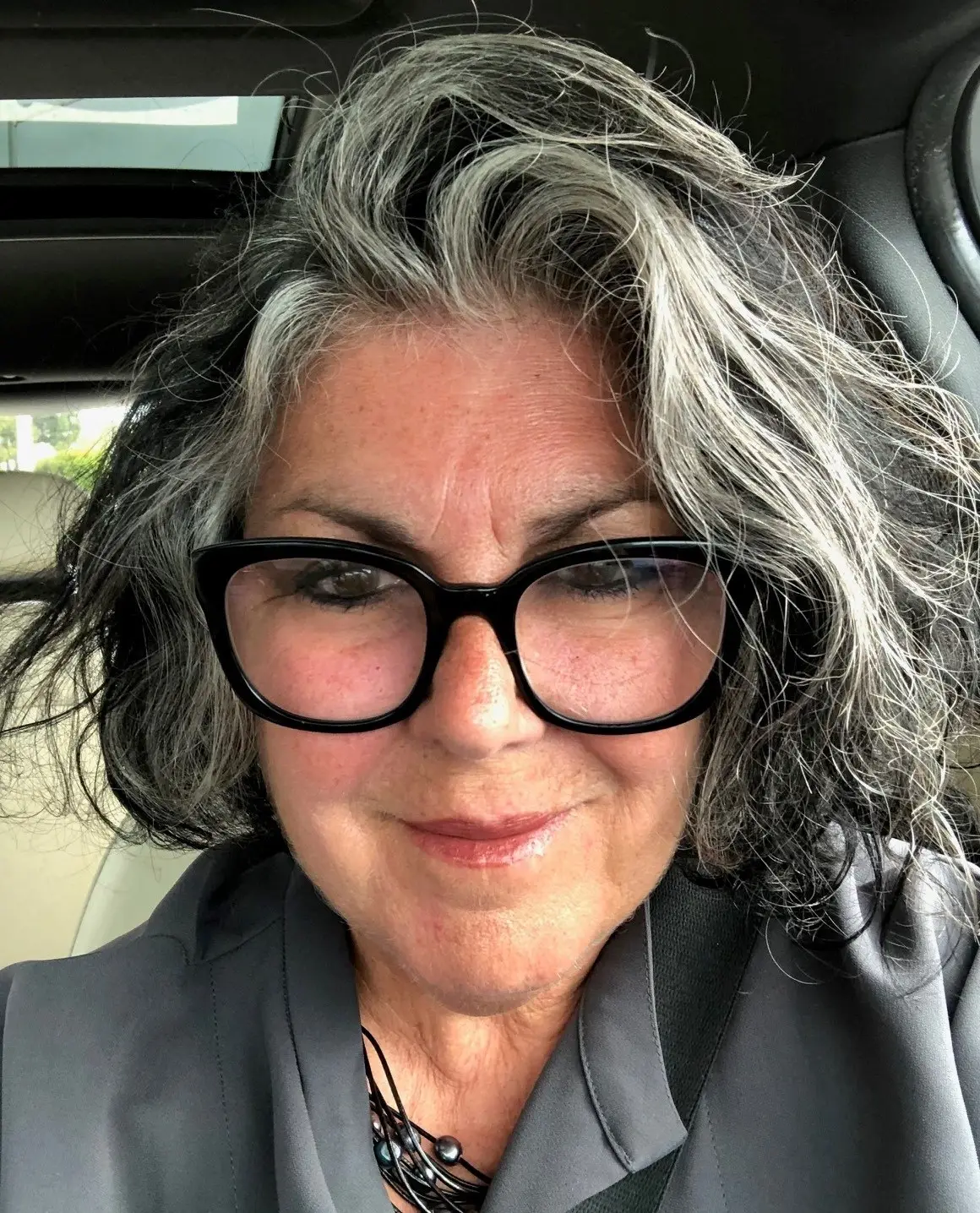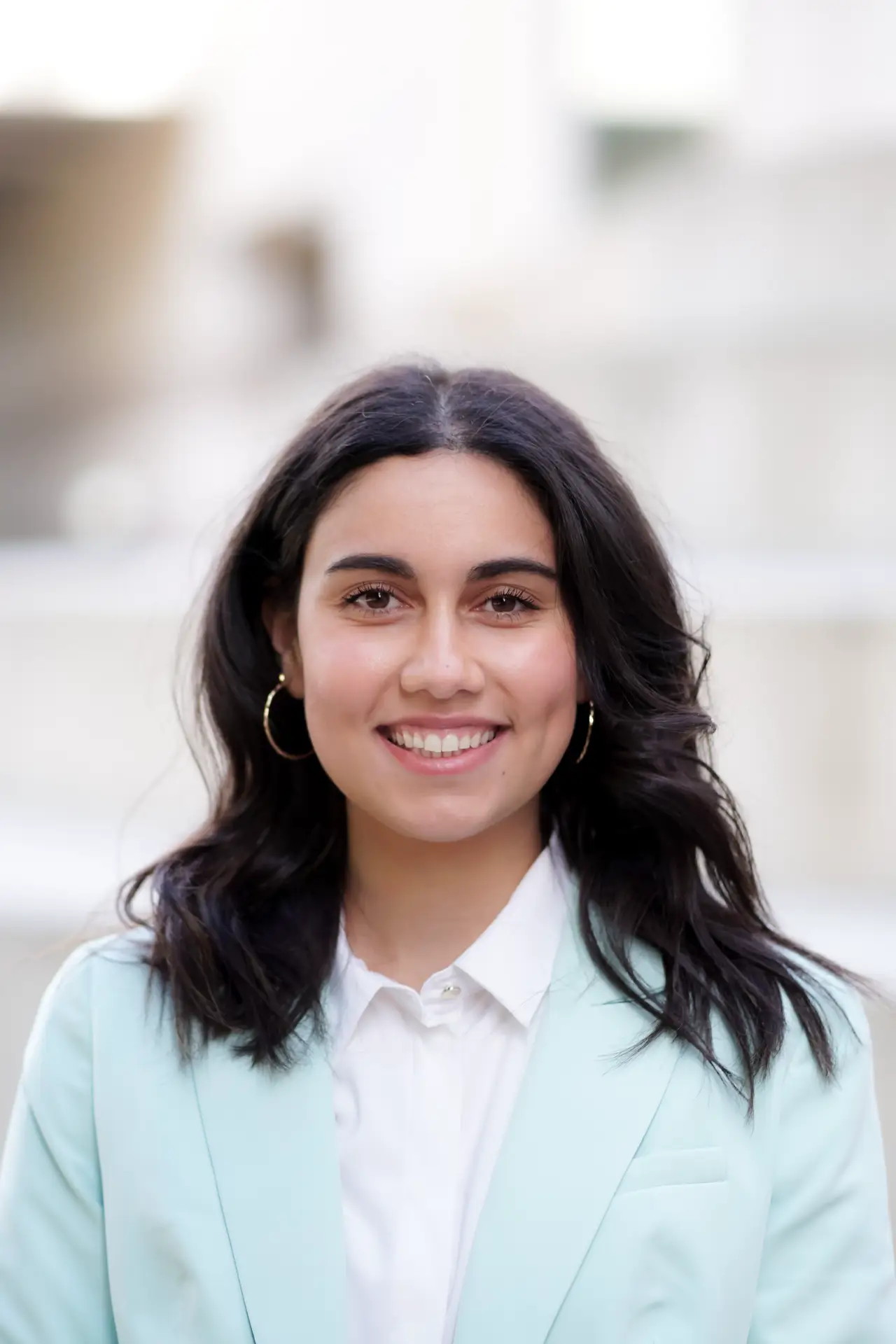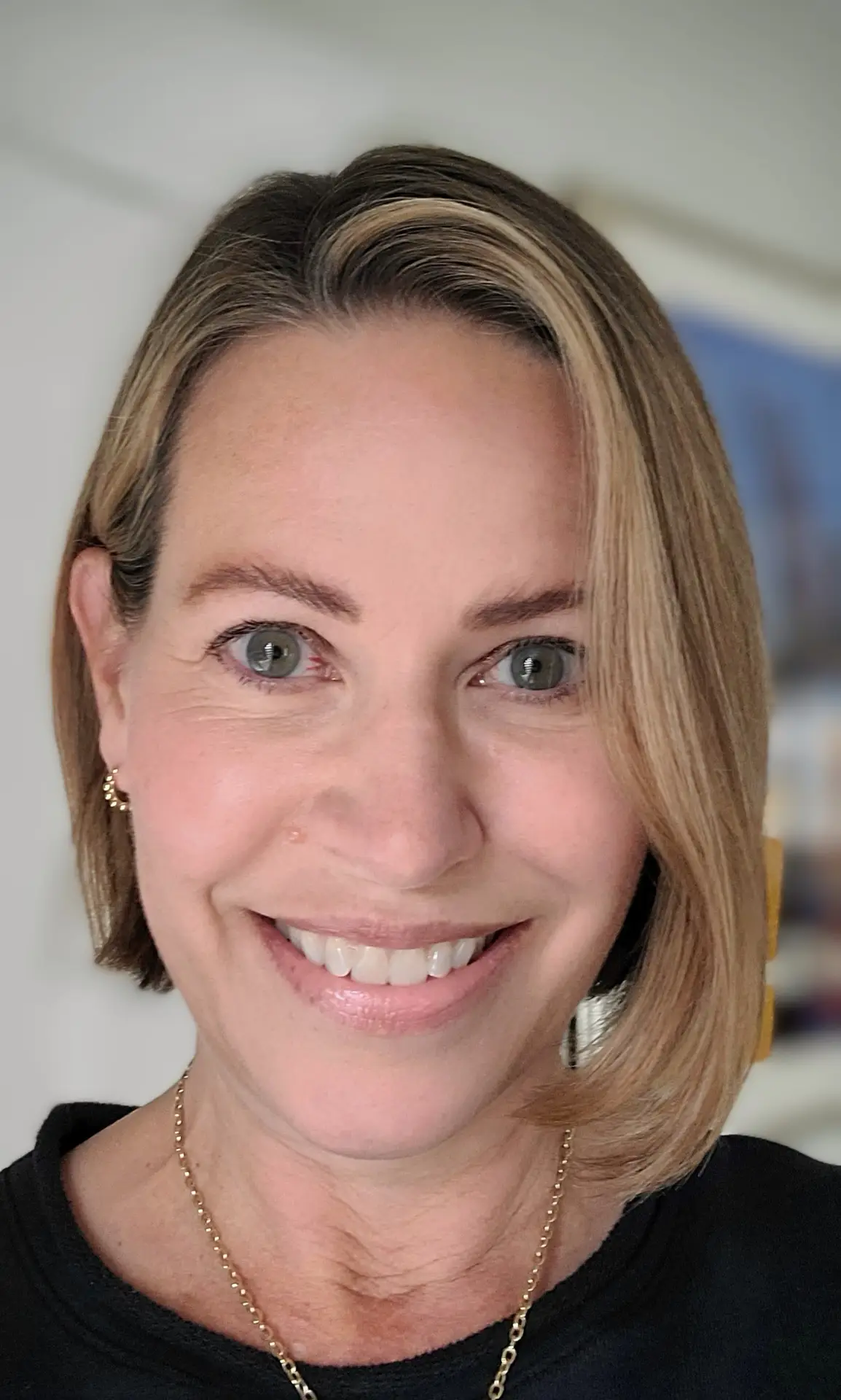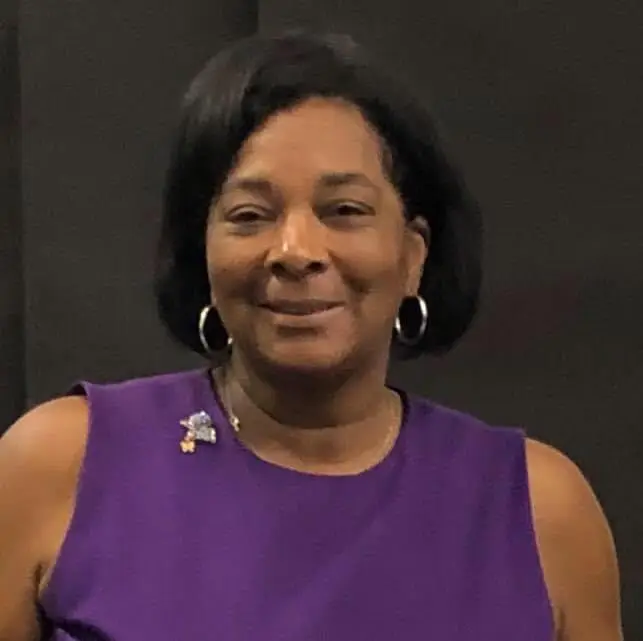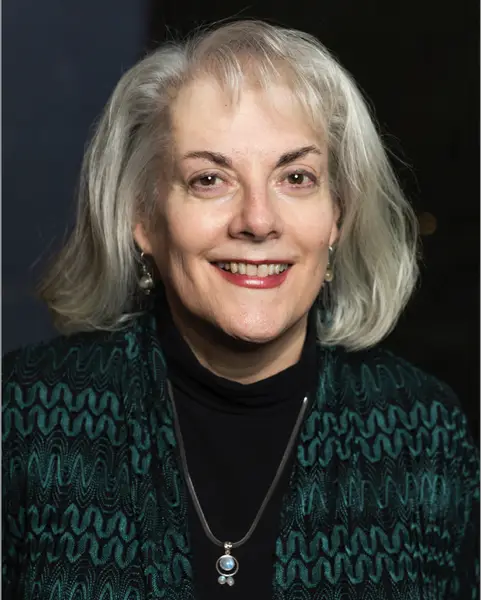Dr. Laura Esserman answers the door of her bright yellow Victorian home in San Francisco’s Ashbury neighborhood with a phone at her ear. She’s wrapping up one of several meetings that day with her research team at University of California, San Francisco, where she heads the Carol Franc Buck Breast Care Center. She motions me in and reseats herself at a makeshift home office desk in her living room, sandwiched between a grand piano and set of enormous windows overlooking her front yard’s flower garden. It’s her remote base of operations when she’s not seeing patients or operating at the hospital.
The research Esserman is discussing is a potentially groundbreaking study that could transform the way women are screened and treated for breast cancer. She and her team hope to bring a more personalized approach to figuring out each woman’s risk for the disease, and tailor a screening and treatment program appropriate for that risk.
Not all doctors in the field are convinced that such a radical change is even needed, noting that current mammogram screening is sufficient in detecting most cancers. And some doctors aren’t quite willing to give up the tried and true, if crude, way of advising women when to get mammograms based on their age. Esserman knows she’s got a lot of convincing to do.
That’s why she launched WISDOM, Women Informed to Screen Depending On Measures of risk, in 2016. After years of watching women diagnosed with the disease get the same, drastic treatment of disfiguring surgery or brutal chemotherapy and radiation, Esserman believed doctors not only could but should be able to do better. She also knew that to convince them, she needed data.
Read full article at Time.com

